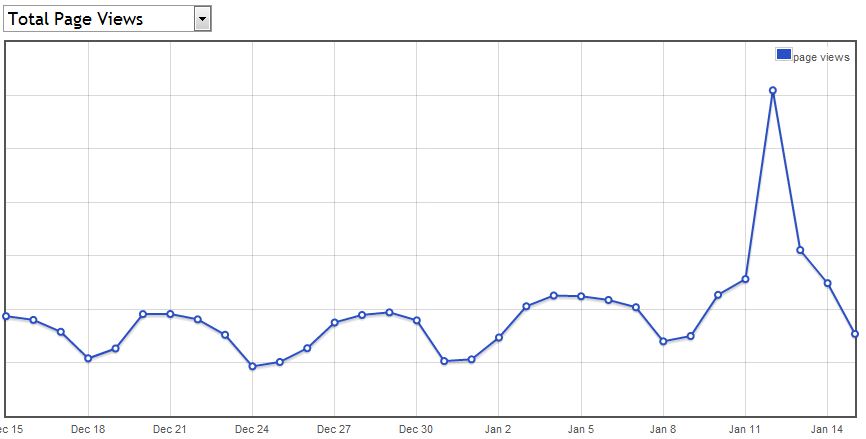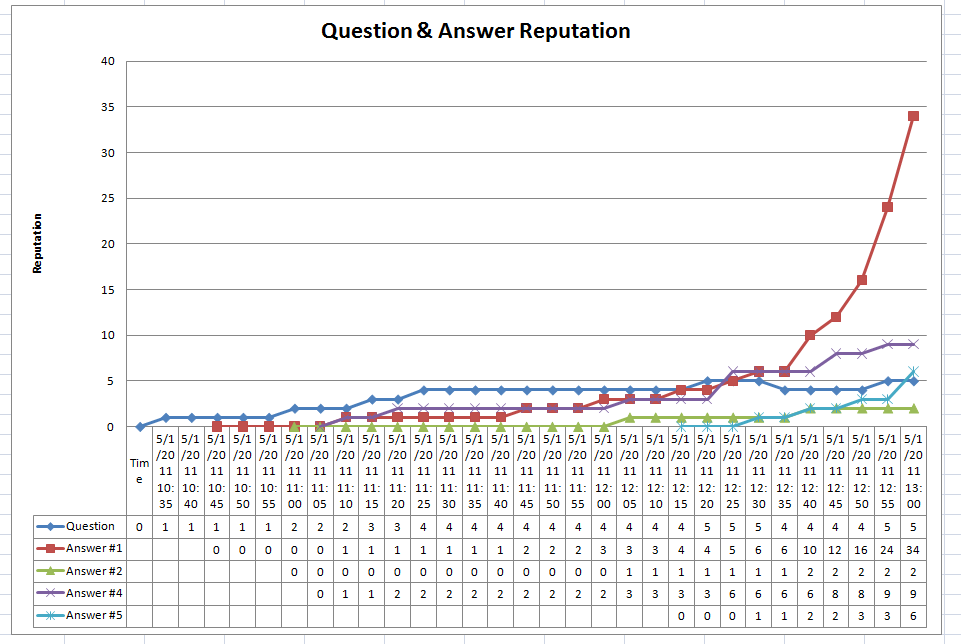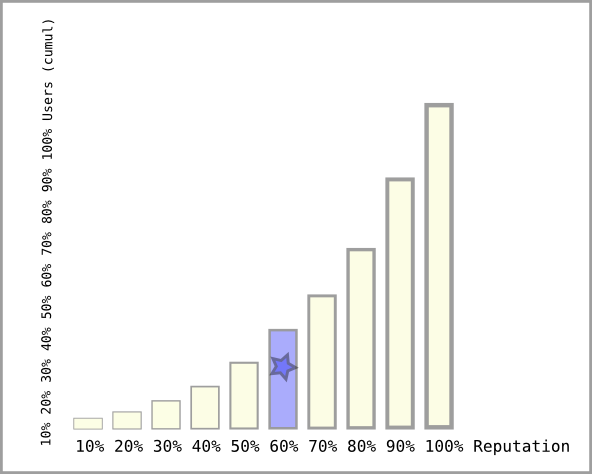Many Meta users have asked for statistics that involve data that isn't available through the public data dumps (especially voting-related stats).
In conjunction with the SE team, I will be bringing the community these statistics!
I've have been granted access to all the relevant public and private data on the network, so a complete and in-depth data analysis can be presented to the community.
First, I need your help -- which sets of statistics would you like to see?
How this is going to work:
Please post one idea for a statistic (or a very closely related set of statistics) per answer
Stats won't be run for any single account: the idea is to reveal community/network patterns
Like the public data dumps, I can't reveal any personally-identifiable information (and the SE staff has the last word on any of the stats being presented, or not)
Note that the statistics don't have to involve private data (if possible, I will provide equivalent SEDE queries).
Also, it would be nice if each statistic could be presentable on a graph for easier consumption (i.e., for a blog post), but this isn't required.
I'll tackle the most popular/interesting requests, so please vote for the stats you'd like to see!
For those who made suggestions for statistics based on question views, I have bad news, unfortunately: Jeff informed me that detailed view data is not stored in the database. Although these stats won't be presented, thank you very much for your suggestions!




